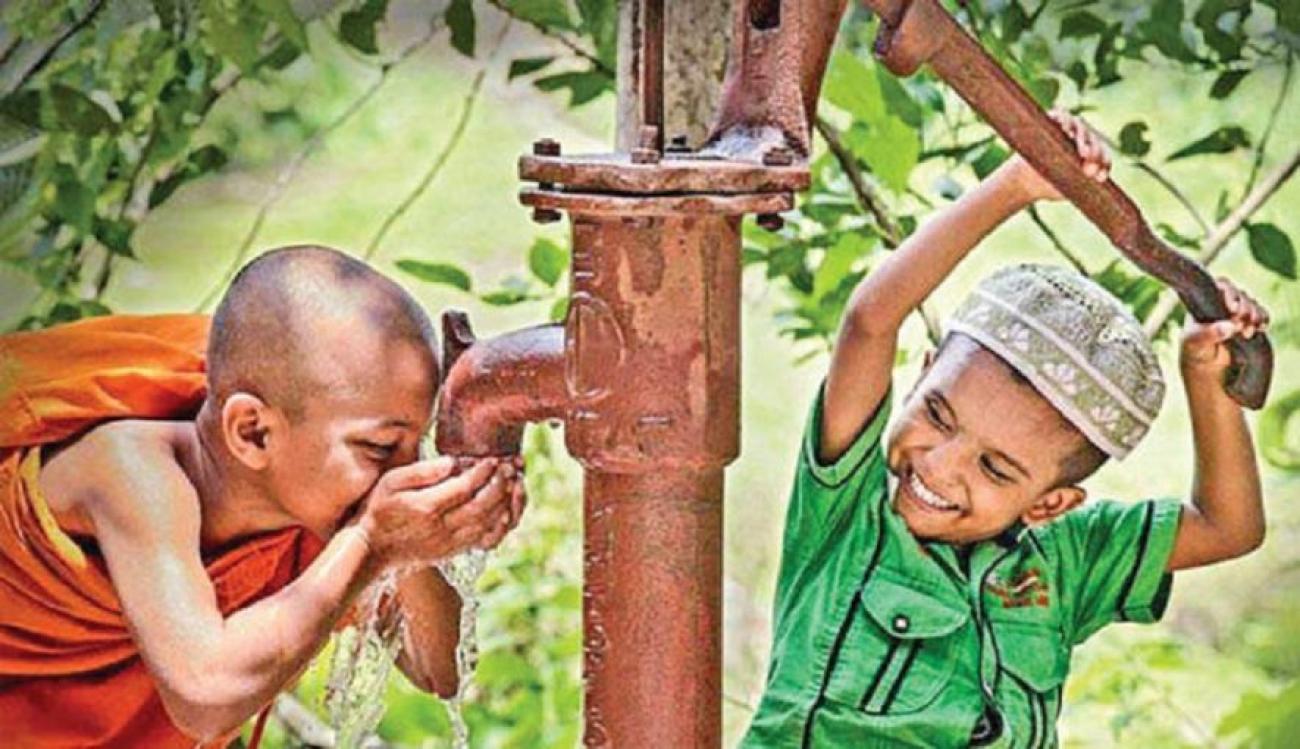CCA urges interim government of Bangladesh to protect religious minorities amidst rising attacks

Bangladesh’s Rich Tradition of Communal Harmony
Chiang Mai, Thailand: The Christian Conference of Asia (CCA) has expressed deep concern over the recent surge in violence targeting religious minorities in Bangladesh, particularly Hindu, Christian, and Buddhist communities. The attacks, which have included assaults on individuals, their residences, places of worship, and educational institutions, have raised alarm about the security of religious minorities in the country, threatening pluralism and communal harmony.
CCA General Secretary Dr Mathews George Chunakara called on the interim government of Bangladesh to take immediate action to safeguard the rights and security of all citizens, regardless of their religious beliefs or ethnic identities.
He emphasised the need for robust security measures, swift investigations, and accountability for perpetrators.
Highlighting the importance of interfaith cooperation and dialogue, the CCA General Secretary urged efforts to rebuild trust, promote reconciliation, and uphold the values of Bangladesh's cultural and religious diversity.
He also underscored the need to protect diplomatic missions of countries as a cornerstone of international diplomacy.
Dr Chunakara reaffirmed CCA’s solidarity with all communities in Bangladesh and appealed to the government to uphold justice, peace, and inclusivity, ensuring that the country remains a place where people of all faiths can live together in harmony and security.
The full text of the CCA General Secretary’s Statement can be found here:











